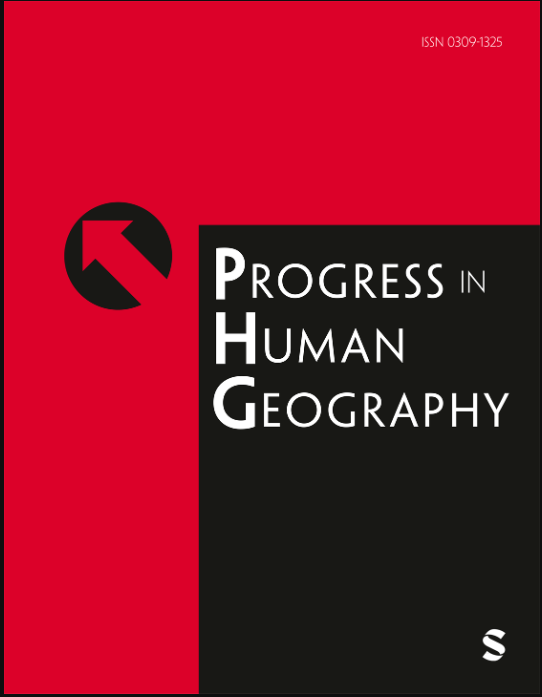精英捕获与城市地理:特权地理分析
IF 6.1
1区 社会学
Q1 GEOGRAPHY
引用次数: 4
摘要
许多城市的土地管理都有一个双层体系:一套规则适用于大多数人,另一套适用于精英投资者、大型开发商和其他可以弯曲、规避或游说反对规则的人。这反映了精英对城市制度的掌控,因为制度被颠覆,以造福特殊利益集团。我们认为精英捕获在21世纪的城市政治经济中起着系统性的作用。我们回顾了最近关于四种精英捕获实践的学术研究——寻租、机会囤积、利用漏洞和参与规划——并通过对最近中产阶级化研究的讨论来说明它们。本文章由计算机程序翻译,如有差异,请以英文原文为准。
Elite capture and urban geography: Analyzing geographies of privilege
Many cities have a two-tiered system for governing land: one set of rules for most people, and a different set for elite investors, large developers, and others who can bend, circumvent, or lobby against the rules. This reflects elite capture of urban institutions, as institutions are subverted to benefit special interests. We argue elite capture plays a systemic role in 21st century urban political economy. We review recent scholarship on four kinds of elite capture practices—rent seeking, opportunity hoarding, exploiting loopholes, and co-opting participatory planning—and illustrate them with a discussion of recent gentrification research.
求助全文
通过发布文献求助,成功后即可免费获取论文全文。
去求助
来源期刊

Progress in Human Geography
GEOGRAPHY-
CiteScore
16.40
自引率
7.00%
发文量
56
期刊介绍:
Progress in Human Geography is the peer-review journal of choice for those wanting to know about the state of the art in all areas of research in the field of human geography - philosophical, theoretical, thematic, methodological or empirical. Concerned primarily with critical reviews of current research, PiHG enables a space for debate about questions, concepts and findings of formative influence in human geography.
 求助内容:
求助内容: 应助结果提醒方式:
应助结果提醒方式:


